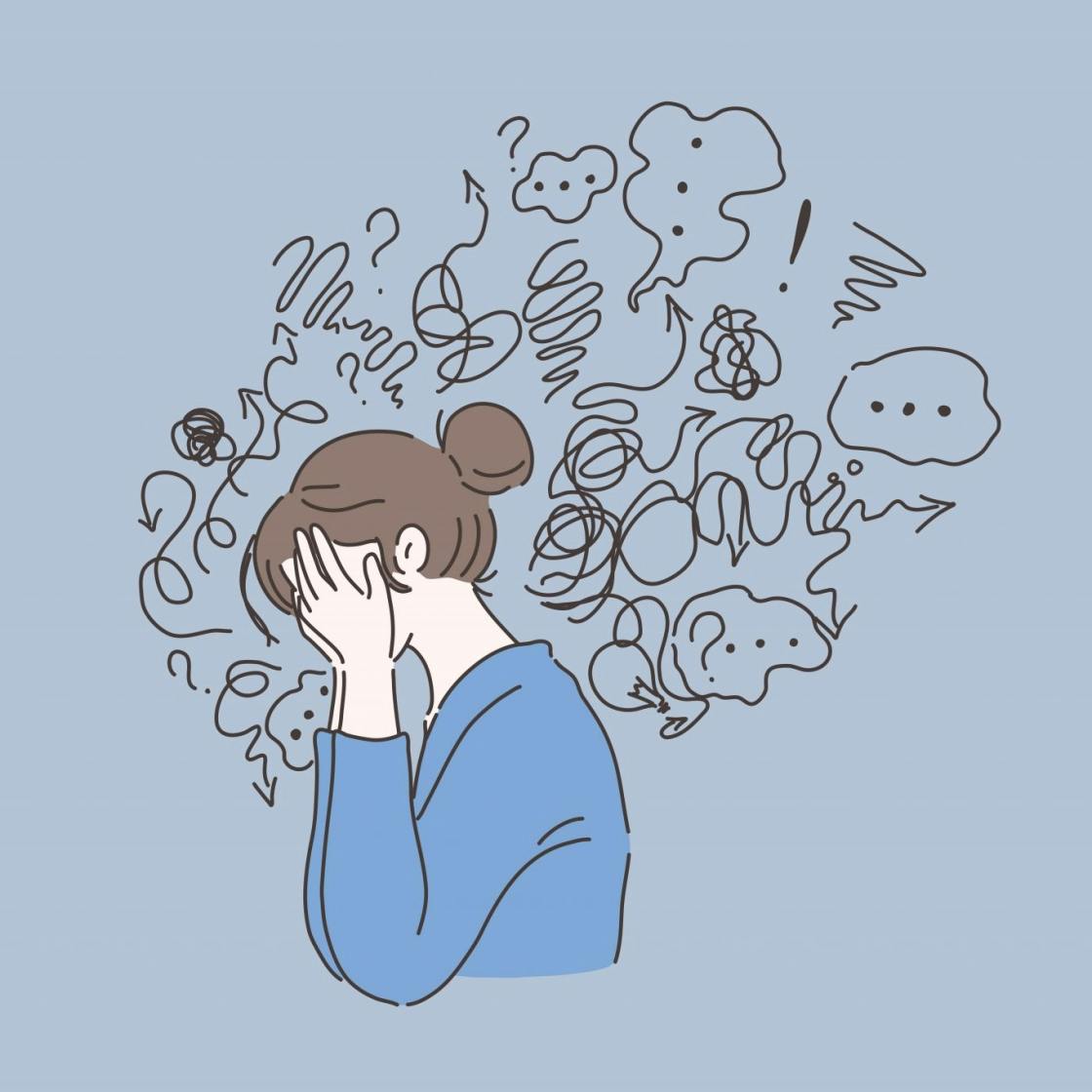TW: MENTION OF SUICIDE
What is the relationship between social anxiety and suicde?
As mentioned in the previous post, I will be discussing the phenomenon of social anxiety in teens.
Social anxiety is properly defined as the persistent fear of being judged and observed by your peers, or strangers. It is a treatable mental disorder, and symptoms do get better and eventually go away. Meeting new people, job interviews, talking to cashiers could be hard as they often felt like they were being evaluated and humiliated, hence it affects one’s daily life living with SAD. Being the 3rd most common mental health disorder, it’s very common in adolescence and early adulthood with a prevalence rate of 10%. It’s a lot harder to treat than generalized anxiety disorder, with a 37% recovery rate. It 90% originates before the age of 23, usually developed at the age of 13. Low self-esteem is a recognized risk factor for social anxiety, co-occurring with depression. The direction of all the attention presented inwards, private thoughts, private feelings while the public self is constantly aware of the private self-being viewed as a social object, leads to the development of how sensitive one would feel while being perceived by others. The rise of social media created a new sense of self-consciousness, thus creating a new category of the fear of being judged and being viewed by others. Social media created a platform for anxious teens, allowing more control over the interaction with people and more comfortable with the one suffering from anxiousness. The unrealistic goal and expectation of social media contribute to the inability to form an actual self-image as one could tailor their self-image to fit in any situation online. Social anxiety in children is often mistaken for mental weakness or instability, the stigma surrounding it often prevents one from getting help.
Selective mutism is a form of social anxiety present in children and teenagers, meaning that they talk only when they’re comfortable to be talking. Collective social anxiety induced by the pandemic had increased due to the isolation and the lack of social contact, school refusal and the irrational fear of being unable to escape a situation and panic had increased in school-aged children. The parental influence could be a cause of SAD in adolescents, as a shy parent might unintendedly set an example by avoiding certain social interactions, a shy child who recognizes this is uncomfortable and something to avoid. The consequences of teens’ SAD are poor academic performance, low confidence in social situations, drug dependence, trouble with maintaining relationships and it’s important for parents to not blame the behaviour on them as they have no control over this at all.
Reference:
Asher, M., Asnaani, A., & Aderka, I. M. (2017, May 30). Gender differences in Social Anxiety Disorder: A Review. Clinical Psychology Review. Retrieved March 9, 2022, from https://www.sciencedirect.com/science/article/abs/pii/S0272735816305177
Cuncic, A. (2020, September 18). How to recognize children and teenagers with social anxiety disorder. Verywell Mind. Retrieved March 9, 2022, from https://www.verywellmind.com/social-anxiety-disorder-in-children-3024430
Gouvernement du Canada. (2009, July 22). Government of Canada. Canada.ca. Retrieved March 9, 2022, from https://www.canada.ca/en/health-canada/services/healthy-living/your-health/diseases/mental-health-anxiety-disorders.html
Hasan, S. (Ed.). (2018, August). Social Phobia (for teens) – nemours kidshealth. KidsHealth. Retrieved March 9, 2022, from https://kidshealth.org/en/teens/social-phobia.html#:~:text=What%20Is%20Selective%20Mutism%3F,is%20sometimes%20called%20selective%20mutism.
Jong, P. J. de, Sportel, B. E., Hullu, E. de, & Nauta, M. H. (2011, July 29). Co-occurrence of social anxiety and depression symptoms in adolescence: Differential links with implicit and explicit self-esteem?: Psychological medicine. Cambridge Core. Retrieved March 9, 2022, from https://www.cambridge.org/core/journals/psychological-medicine/article/abs/cooccurrence-of-social-anxiety-and-depression-symptoms-in-adolescence-differential-links-with-implicit-and-explicit-selfesteem/60A907909E2610F8F0CA17D1AE7A39FE
Leigh, E., & Clark, D. M. (2018, September). Understanding social anxiety disorder in adolescents and improving treatment outcomes: Applying the cognitive model of Clark and Wells (1995). Clinical child and family psychology review. Retrieved March 9, 2022, from https://www.ncbi.nlm.nih.gov/pmc/articles/PMC6447508/
Mikulich, A. (2021, January 31). The impact of social media on social anxiety. National Social Anxiety Center. Retrieved March 9, 2022, from https://nationalsocialanxietycenter.com/2016/12/20/the-impact-of-social-media-on-social-anxiety/


Hi!! I’ve been reading a lot of your posts lately but this one really STOOD OUT. As a shy person that faces a lot of social anxiety when in public or even online, this post has surprisingly explained a lot of my own problems to me and why they may occur. So, I thank you for this blog, without it I may have just been more anxious than years before now without realizing why (if that makes sense). It was truly incredible reading over all your blogs and I hope to read more in the early future:))
I found your blog super interesting and informative! I think social anxiety is such an important topic that needs to be talked about so much more, especially in teens. It has been something I have always kind of had in like public places. Things like speeches and presentations are a huge no for me. I found it interesting that isolation and covid caused an increase in social anxiety. I often think about the impact covid had on people’s anxiety and other mental health disorders. I totally agree with what you said about social media becoming such a big component of self-image and causing so much stress/ anxiety. To further your studies I found this website that might be helpful. It talks about signs and symptoms and just kind of goes into the depths of social anxiety in kids. https://www.anxietycanada.com/disorders/social-anxiety
I really enjoyed getting this chance to read your blog post and I hope I get a chance to read more of them in the future.
Hi. I really enjoyed this post because it shows the impact of the lies of social media. The things that people are able to exagerate online is crazy and often need to be question. This post made me realize the fact that people will look at these images and then question why they can’t look like that. This would then lead to them feeling upset and let down about themselves and hence social anxiety.